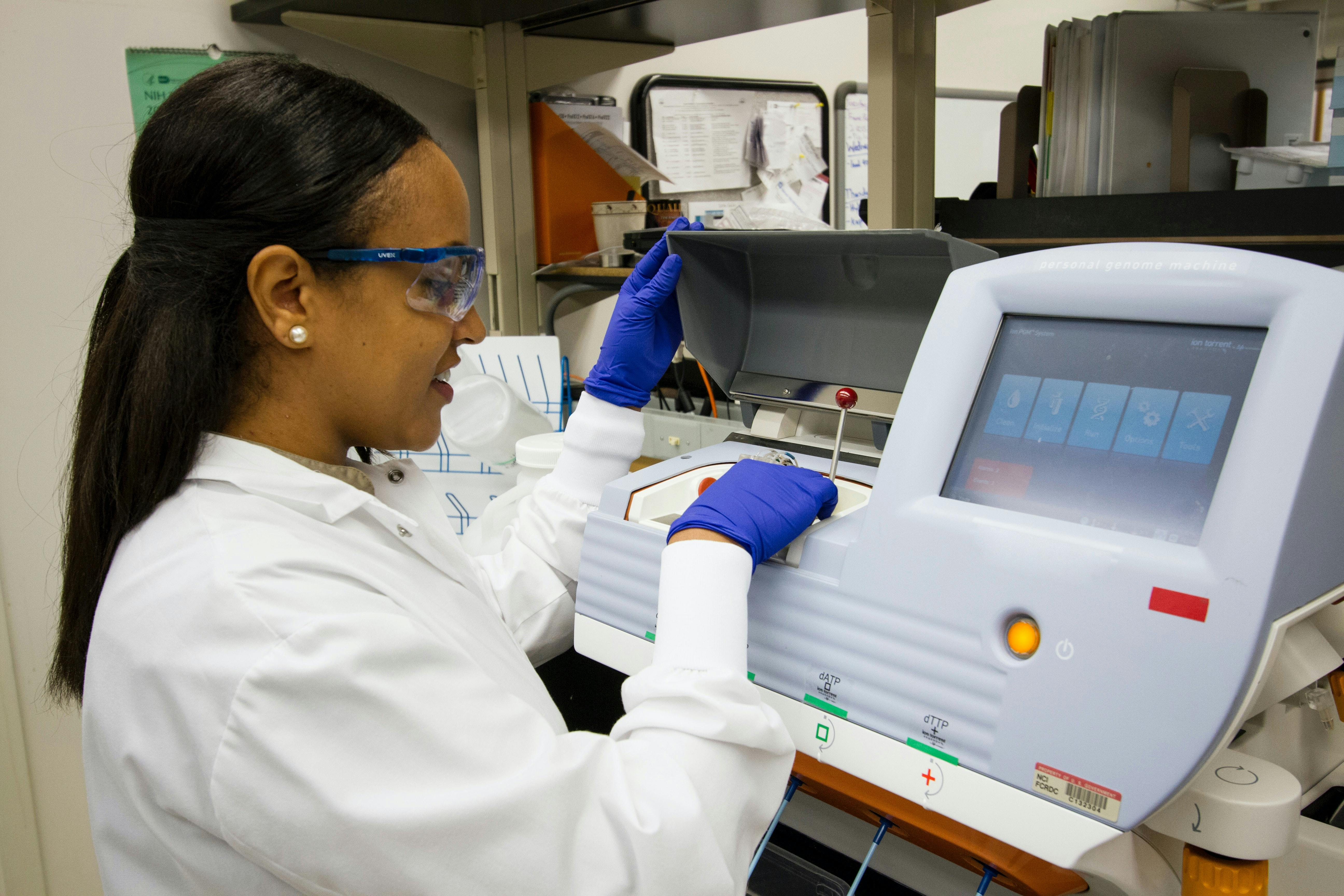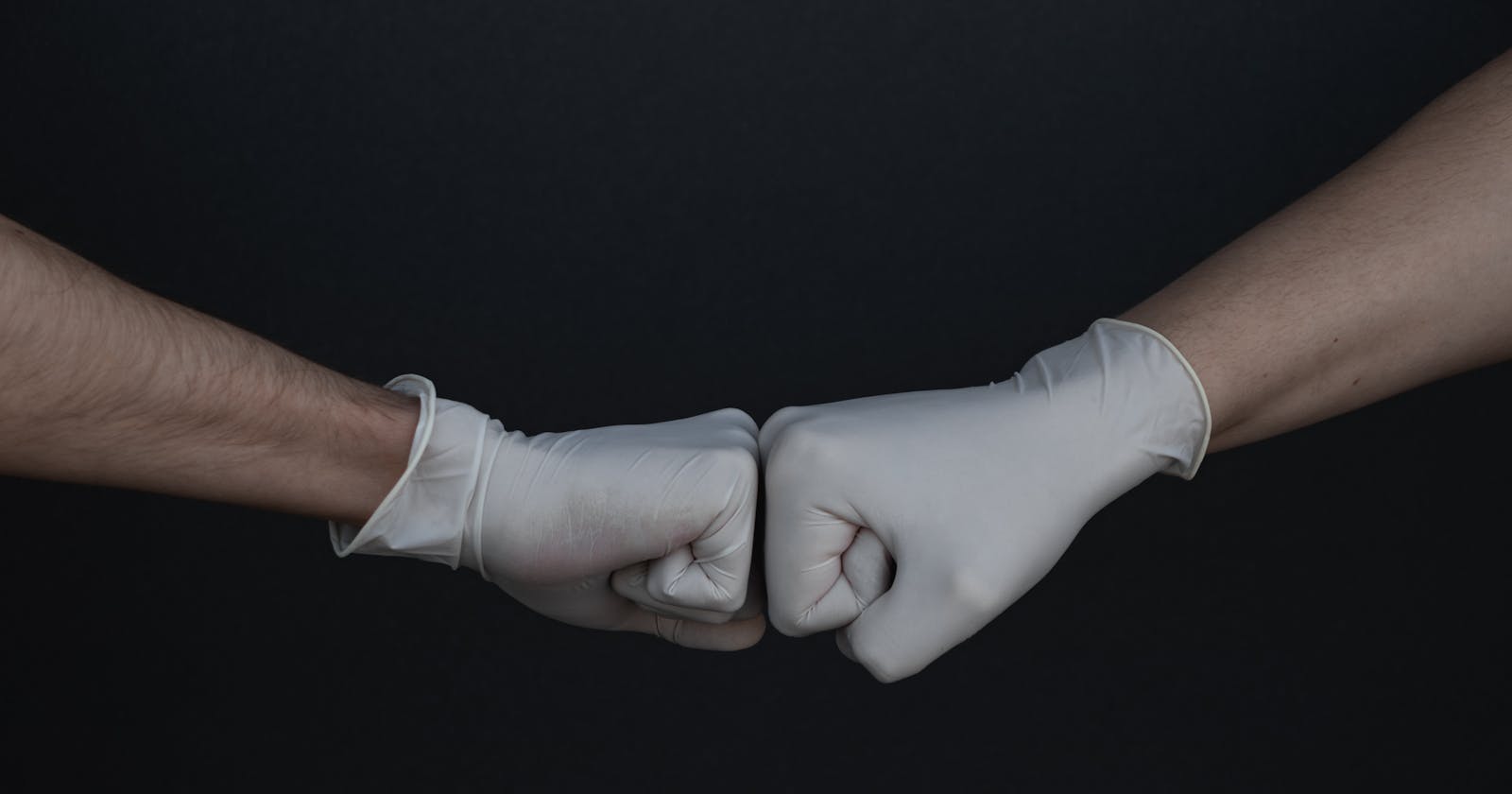What is Blockchain Technology?
Think of blockchain as a digital notebook that lots of people can see and add to, but nobody can change what's been written before. Every time someone adds something to the notebook, like a payment or a contract, it gets checked by a lot of computers to make sure it's real and okay to add. Once it's added, it stays there forever and can't be changed.
Using more technical terms, blockchain is a decentralized, distributed ledger (a database that is spread across a network of computers, rather than being stored in a centralized location) technology that allows for secure and transparent recording and tracking of transactions. It consists of a network of computers that work together to verify and validate transactions, and the data is stored in a way that is immutable, meaning that it cannot be altered or deleted. Blockchain technology has gained popularity due to its security, transparency, and ability to facilitate trust between parties.
How Can Blockchain Be Used in Healthcare?
In recent years, blockchain technology has become increasingly popular and has the potential to revolutionize the healthcare industry. Blockchain can help to improve patient outcomes, reduce costs, and enhance data security. In this article, we will explore some of the ways in which blockchain can be used in healthcare.
Electronic Health Records (EHRs)
Blockchain technology has the potential to revolutionize the healthcare industry by addressing the long-standing challenge of securing and sharing electronic health records (EHRs) in a manner that is transparent, secure, and efficient. One of the most significant benefits of using blockchain in EHRs is the ability to create a decentralized, secure database for patient data. This means that sensitive patient information can be stored in a distributed ledger (a database that is spread across a network of computers, rather than being stored in a centralized location) that is maintained by a network of computers, rather than a central authority. As a result, patient data is more secure as it is much more difficult for a single point of failure to occur.
In addition to security, blockchain can also improve accessibility and data sharing in EHRs. Currently, patient data is scattered across various healthcare providers and systems, making it difficult for doctors to access and share information. However, with blockchain, healthcare providers can access a patient's EHR from anywhere in the world, as long as they have the proper authorization. This feature is particularly useful in emergency situations where immediate access to a patient's medical history can be crucial in making accurate and timely treatment decisions. Furthermore, blockchain can help to eliminate duplicate records and streamline the process of updating patient information.
Supply Chain Management
Blockchain technology can be used in supply chain management in healthcare by providing a transparent, secure and efficient way to track the movement of medical supplies, drugs, and other healthcare products from the point of origin to the point of consumption. With blockchain, each transaction along the supply chain can be recorded in a tamper-proof and decentralized ledger that can be accessed and verified by all authorized parties. This helps to ensure the authenticity, integrity and accuracy of the supply chain data, while also enhancing transparency, accountability and trust among the participants.
One of the key advantages of blockchain in healthcare supply chain management is its ability to prevent the circulation of counterfeit drugs and medical products. By leveraging blockchain's immutable ledger, it becomes much harder for bad actors to introduce counterfeit or substandard products into the supply chain undetected. With blockchain, each transaction is recorded and validated by multiple parties, making it more difficult to manipulate the supply chain data
Healthcare Payments
Blockchain technology can also be used to improve healthcare payments. In the current healthcare payment system, there are many intermediaries involved, which can result in high transaction fees, delays, and errors. With blockchain, transactions can be processed faster, with lower transaction fees and fewer intermediaries.
Clinical Trials

Blockchain can improve how clinical trials are conducted by providing a secure and decentralized database for patient data. This can improve data transparency, security, and integrity, prevent fraudulent data entry, and speed up the research process by enabling the secure sharing of data between researchers, healthcare providers, and patients. Blockchain can also be used to manage the informed consent process, ensuring patients are fully informed about the trial and have given their consent to participate. Overall, blockchain can improve the accuracy and integrity of clinical trial results, ultimately leading to better patient outcomes.
Research and Development
Blockchain can also be used to improve the research and development process in the healthcare industry. By securely storing and sharing research data, blockchain can help to improve collaboration between researchers and reduce duplication of effort.
Conclusion
Blockchain technology has the potential to revolutionize the healthcare industry by improving patient outcomes and enhancing data security. With its ability to securely store and share data, blockchain can help to improve EHRs, supply chain management, clinical trials, healthcare payments, and research and development. While there are still challenges to be overcome, such as the interoperability of different blockchain systems, the potential benefits of using blockchain in healthcare are significant. As technology continues to evolve, we can expect to see more healthcare organizations adopting blockchain to improve the quality and efficiency of healthcare delivery.
